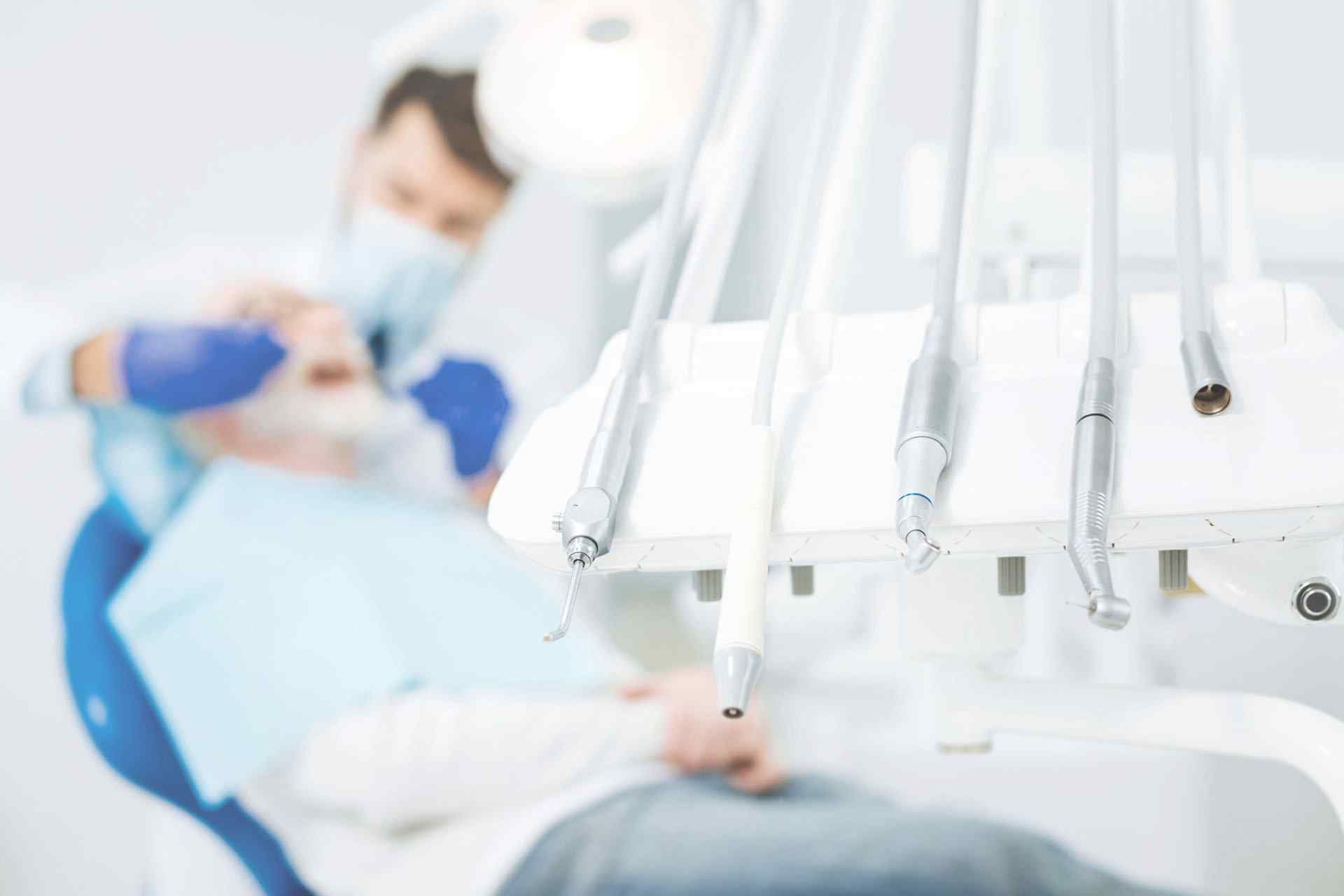While dental implants are a popular and effective option for replacing missing teeth, not everyone is eligible for the procedure. Eligibility for dental implants is determined on a case-by-case basis, and it depends on several factors. Some common reasons why an individual may not be eligible for dental implants include:
- Insufficient bone density: Dental implants require a sufficient amount of healthy bone in the jaw to support the implant. If a person has significant bone loss in their jaw, it may be necessary to undergo a bone grafting procedure to augment the bone before implant placement.
- Medical conditions: Certain medical conditions, such as uncontrolled diabetes or autoimmune disorders, can affect the body’s ability to heal properly after implant surgery. Your overall health plays a role in determining eligibility.
- Smoking: Smoking can increase the risk of complications and implant failure. Many dentists recommend quitting smoking before considering dental implant surgery.
- Gum disease: Active gum disease (periodontitis) can pose a risk to the success of dental implants. It is important to have gum disease treated and under control before implant placement.
- Insufficient oral hygiene: Patients with poor oral hygiene may not be eligible for dental implants because of the increased risk of infection and implant failure. Good oral hygiene is essential for implant success.
- Inadequate space: There must be sufficient space and appropriate alignment for the implant to fit properly between adjacent teeth. In some cases, orthodontic treatment may be necessary to create the necessary space.
- Pregnancy: Pregnant women are generally advised to postpone non-emergency dental procedures, including dental implant surgery, until after childbirth.
- Young age: Dental implants are typically not recommended for children and adolescents whose jaws are still growing. The jawbone should be fully developed before implant placement.
- Heavy alcohol or substance abuse: Substance abuse can affect the body’s ability to heal and increase the risk of complications.
- Severe bruxism (teeth grinding): Patients with severe teeth grinding may not be ideal candidates for dental implants, as the excessive pressure on implants can lead to implant failure.
It’s important to note that dental implant eligibility can vary from one individual to another, and it is typically determined by a comprehensive evaluation by a dentist or oral surgeon. If you’re interested in dental implants, consult with a dental professional who can assess your specific situation and provide guidance based on your unique circumstances.




